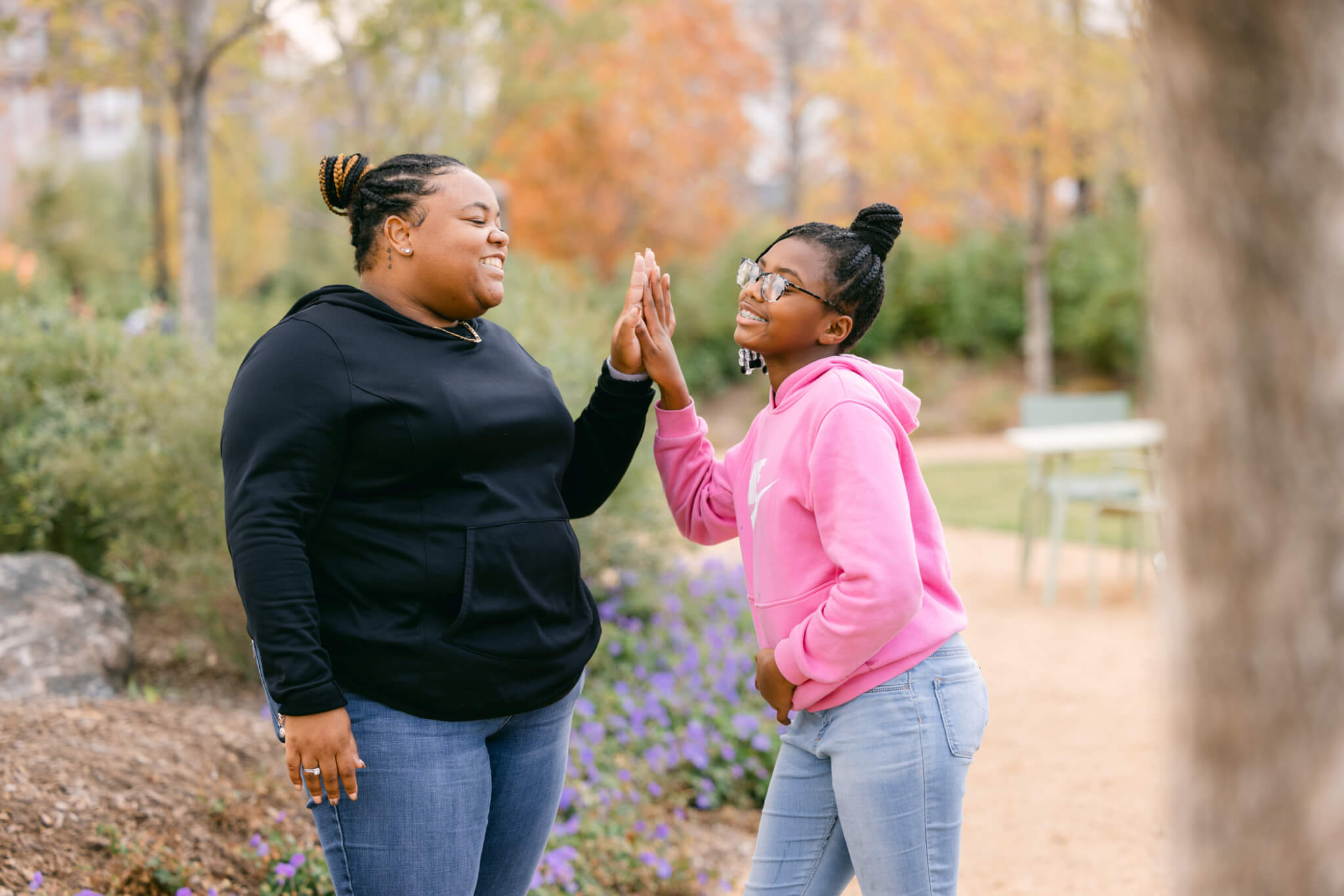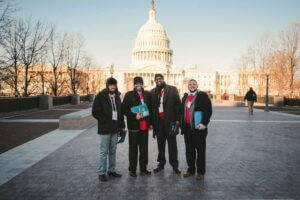It’s All About Who & What You Know: Connecting Mentors & Foster Care
Nine years old and living in a van, I thought college was nothing but an impossible dream. My parents couldn’t provide adequate care for my siblings and I, so we lived in shelters, motels, and couch-surfed from home to home until the Department of Children and Family Services placed us into the Los Angeles foster care system. Through these systems, I was separated from my siblings and went through multiple placement changes until aging out of care at 18 years old. As a first-generation U.S. citizen, these experiences impact how I view the world and significantly shaped the ways in which I set a foundation for my six younger brothers and sisters.
Foster youth face a multitude of institutional obstacles from countless placement changes, increased rates of school dropout, transfers to numerous schools, psychotropic drug overmedication, and barriers to support systems. The trials and tribulations foster youth face from instability doesn’t define who they are as individuals. Instead, it shows how vital it is to recognize these gaps within the foster care system and the need for youth to have a voice within their communities in legislation and child welfare policy practices.
To improve quality of life for youth in and aging-out of care, it’s essential to expand mentoring opportunities by promoting meaningful social and emotional connections.
Although the foster care system is designed as a temporary intervention for family reunification, according to the National Conference of State Legislatures, more than 17,000 young people age out of foster care at age 18 each year. Supporting older youth involves creating overall stability in a young person’s life, which can happen through the option to extend foster care as a non-minor dependent or allow reentry into foster care, providing childhood experiences through extracurricular activities, educational stability, housing, and a plan to support transition from foster care to independent living. The majority of services aimed at supporting young people in care primarily rely on professionals such as social workers, case managers, probation officers, and therapists. While states have invested time and resources in helping youth in foster care transition into adulthood and obtain a postsecondary degree, there is a lack of consistency across states on how support is provided to foster youth. An approach to address this gap is to build relationships between young people and other adults who could offer guidance and support.
Young people in foster care need the opportunity to build healthy, trusting relationships with mentors. These young people deserve access to positive mentors who can help them with this transition. Providing meaningful mentoring experiences for youth in foster care requires a substantial investment. In June, Representative Karen Bass and Representative Don Bacon introduced the Foster Youth Mentoring Act which authorizes federal funding to support mentoring programs that are serving foster youth’s personal and professional development. This bill seeks to connect foster youth with social capital opportunities, resources, and support to develop positive relationships and connections. This investment in relationships would allow child welfare systems to fully support young people as they transition out of care.
There are many mentoring programs ready to take on this important work. California Youth Connection (CYC) is an advocacy organization run by current and former foster youth that builds leaders with peer support, supportive relationships through advocacy for child welfare, and legislative, policy, and practice reforms.
I’m forever grateful for my mentors: Alex, Natasha, Caesar, Ana, Marianna and Eli Sosa- my siblings- and can only hope that they too will have the same opportunities and support in achieving their dreams as I’ve had.
###


